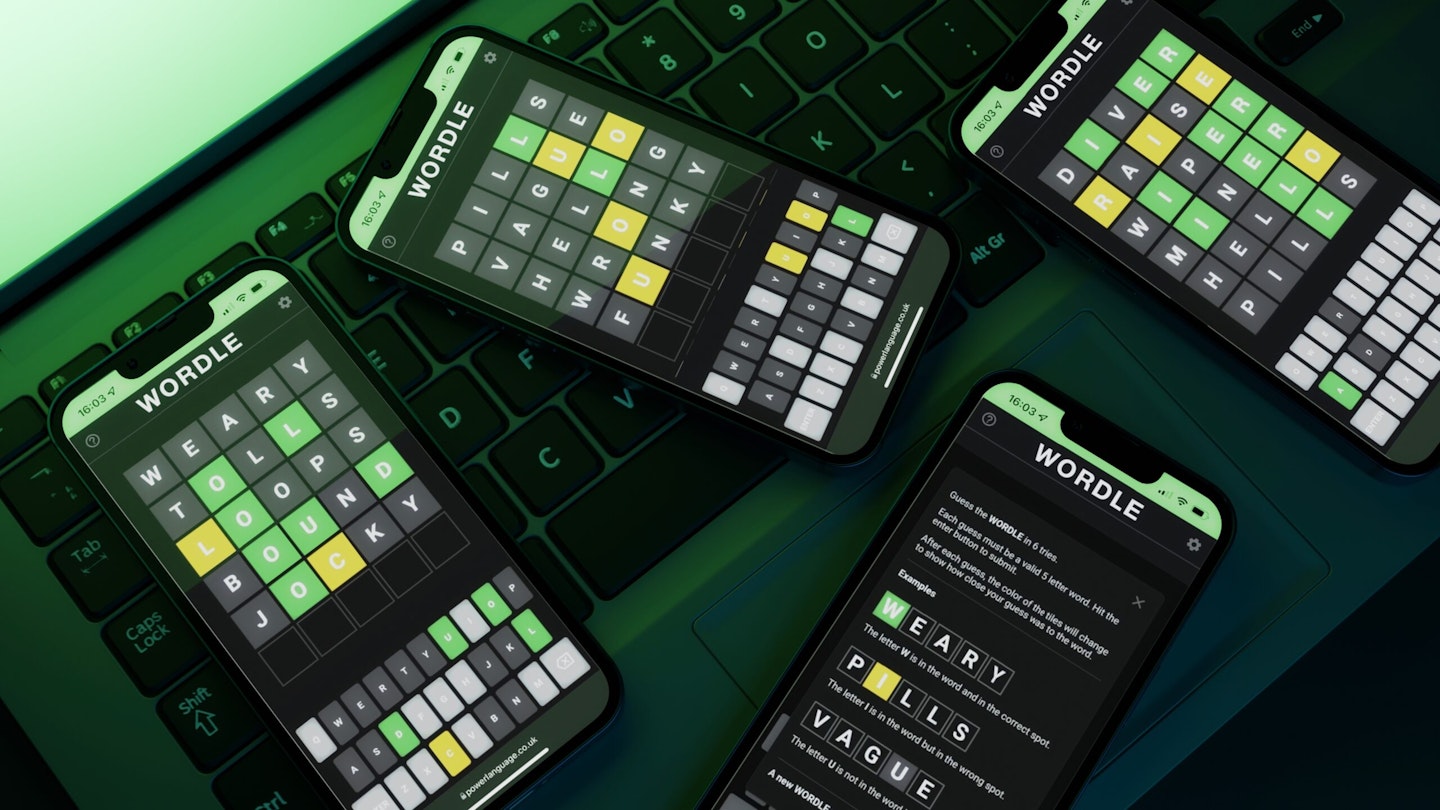When I first became an editor back in the early 2000s, I waited eagerly to catch a glimpse of my magazine in the wild, in the hands of a reader. I was curious to see these puzzles being solved. And one day it happened — on a train, I spotted a woman with a copy of Codebreakers on her lap. Should I sidle up and casually ask if she was enjoying it, I wondered? But then I saw what she was doing. She flipped to the answers in the back, then systematically filled in the puzzle one word at a time. I watched as she completed puzzle after puzzle in this way, without any attempt to solve them.
I was reminded of this by a new study by James Dilger of Stony Brook University in New York, which analysed data about players’ first guesses at online word game Wordle. By comparing the probability of guessing the target word by pure chance to the number of people who manage to solve the puzzle in one go, he discovered that five times more people were striking lucky each day than expected. He concluded that up to 10,000 players ‘cheat’ by finding out the target word elsewhere before using it in the game.
What might spur a solver to skip what, for many of us, is the fun part? After all, unless you’re an editor, no one is obliged to solve puzzles, so there’s no advantage to cracking them quickly. If anything, cheating might leave you on a long train journey with nothing to do but stare out of the window pondering your life choices.
Only cheating yourself?
One theory is that daily puzzles like Wordle, which keep track of your success over time, turn puzzle-solving into a game of statistics. It’s easy to become competitive, with others or yourself, and looking for the odd answer to bump up your average or to avoid breaking a winning streak is tempting. I certainly know a few people who’d be keen to preserve their reputations as master puzzle-solvers.
What liberties we permit is a personal choice. There are sticklers, for whom looking up an answer is never allowed, and who will stew over an empty slot in a crossword while their more light-hearted friends have given up and gone to the pub (I speak from experience).

There are level-headed types who will try their best but take a hint or two when thoroughly stuck — squinting their eyes when they look at the answers, so they don’t cheat too much.
And then there are those who approach puzzles as an exercise in mindfulness. A mess to be satisfyingly cleared up, by any means necessary. They may not experience the joy of waking in the night having finally figured out 12 down, but they sleep soundly with a sense of orderly completeness.
A matter of puzzles preference
Of course, what constitutes cheating in any given puzzle is up for debate. Some jigsaw-puzzlers, for example, consider it cheating to look at the picture on the box. Others see this as an equally valid and complementary way of solving. In one, you’re focussed on the details and excited to see where they’ll lead. In the other, you look at the big picture (literally), using it as a map to aid your journey. Knowing where you’re headed can be soothing. And reaching your destination, whatever route you take, gives a sense of accomplishment.
Perhaps that’s what’s going on with the Wordle ‘cheaters’ and my reader on the train. And if it’s enjoyable, there’s no harm in it. Find your own honour code and stick to it. Or don’t – we’re not judging.
